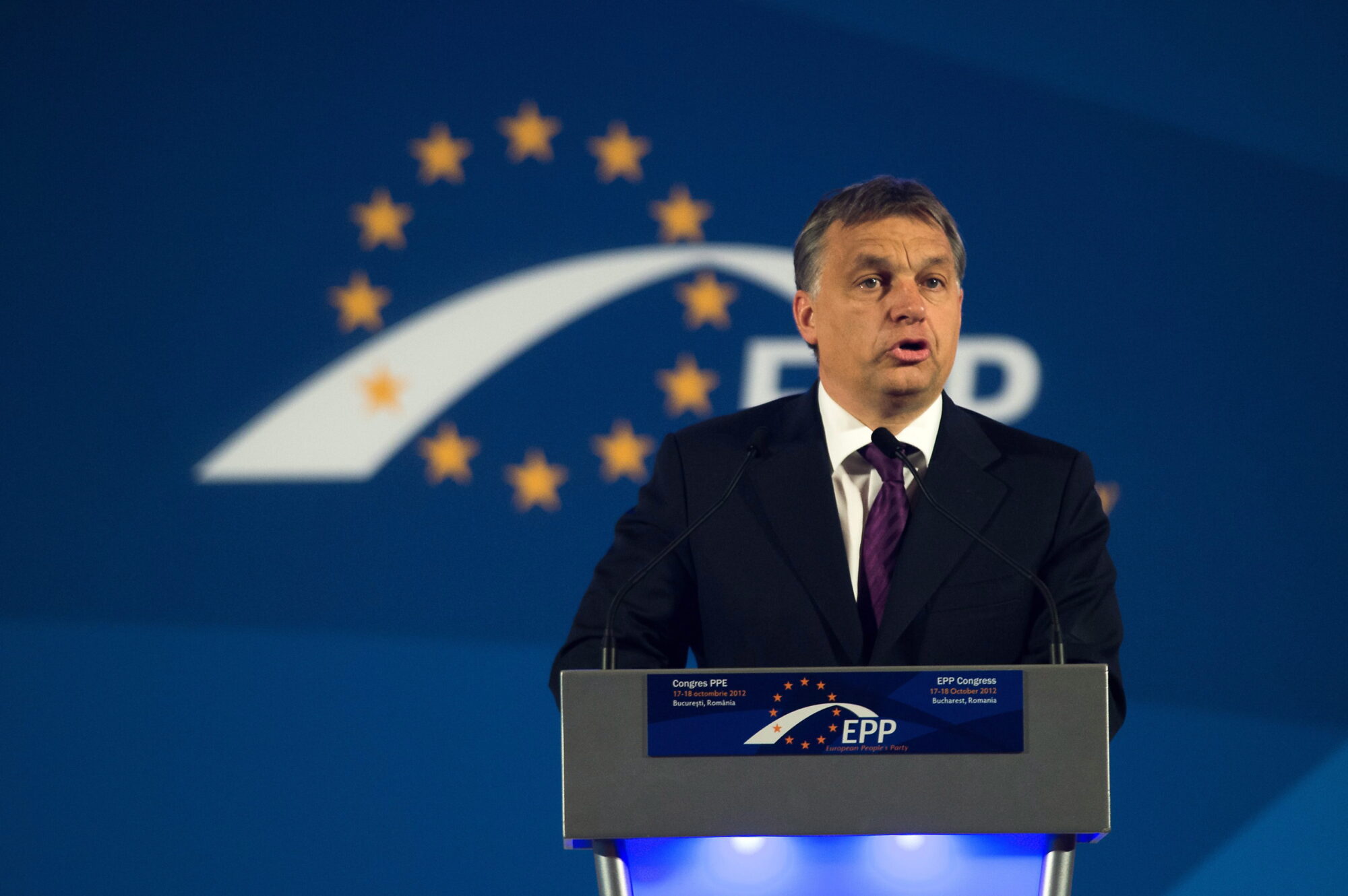Executive Summary
-
- When Fidesz joined the European People’s Party (EPP) in 2000, it joined an expanding European people’s party considered to be a Christian, conservative and anti-immigration force. The relationship between Fidesz and the EPP is both strategic and ideological, therefore its future cannot be decided overnight. It is up to the EPP to decide whether to remain right-wing that is, a defender of Christian culture, an opposer of illegal immigration and a supporter of families. Another question that needs to be answered is whether the EPP aims to be a uni-colour minor party or a multi-colour people’s party.
- The EPP has changed its ideology since Fidesz joined. The Berlin Declaration of 2001 made the fight against illegal immigration, effective protection of national borders, and support for the family institution the focus of the party alliance’s policies. It is telling that most of the EPP of those days saw its future in Berlusconi and role model in Helmut Kohl, and stood for referencing God in the European Constitution on the advice of Pope St. John Paul II.
- The current leaders of the EPP seem to be striving for different goals:
- In order to adapt to the European political Left they are attempting to make the alliance’s principles more compatible (whether it takes accepting illegal immigration, pursuing gender ideologies or voting for a humanitarian visa) similarly to Angela Merkel’s efforts to “social democratise” Germany’s CDU
- Abandoning their people’s party goals of 20 years ago, they seem to be settling for being a minor party and constant co-decisions with the Green and Liberal Left on issues that could set the EPP apart
- By now only a quarter of the MEPs belong to the party alliance and the EPP is in a crisis of which there are two ways out, based on opposing visions: continuation of the left liberal shift or return to their Christian-democratic roots. Which route the EPP will take and whether it will be able to take any route at all is the question of the year.
